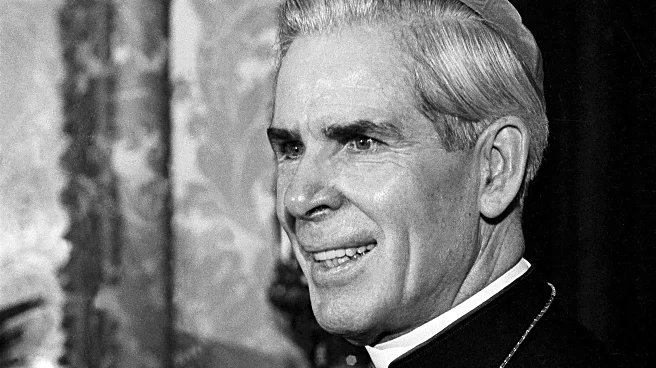Rapid Read • 8 min read
The UN's Intergovernmental Panel on Climate Change emphasizes the necessity of achieving net zero CO2 emissions to combat human-induced global warming. The 2015 Paris Agreement, signed by nearly 200 countries, aims for global net zero emissions in the latter half of the century. The UK has pledged to reach net zero by 2050, with significant reductions in greenhouse gas emissions already achieved. However, political consensus in the UK has fragmented, with differing views on the feasibility and economic impact of net zero targets. The Climate Change Committee warns that the UK is currently off track to meet its 2050 goal, despite recent progress.
AD
Achieving net zero emissions is crucial for mitigating climate change impacts, such as rising sea levels and extreme weather events. The transition to cleaner energy sources presents economic opportunities, including the creation of new jobs in the renewable energy sector. However, industries reliant on fossil fuels may face challenges. The UK's commitment to net zero is part of a broader global effort, with many countries setting similar targets. The economic cost of addressing climate change is considered lower than the potential damages from unchecked warming, highlighting the importance of proactive measures.
The UK government plans to increase wind and solar power generation, phase out petrol and diesel cars, and invest in carbon capture technologies. Political debates continue over the cost and achievability of net zero targets, with some parties advocating for accelerated timelines. The Climate Change Committee will likely continue to monitor progress and provide recommendations to ensure the UK stays on track. Internationally, countries like China and the US have set their own net zero goals, influencing global climate policy and cooperation.
The push for net zero raises ethical questions about the responsibility of wealthier nations to lead climate action. The transition may also drive technological innovation and shifts in consumer behavior, as societies adapt to new energy systems. Long-term, achieving net zero could redefine economic structures and international relations, as countries collaborate to address shared environmental challenges.
AD
More Stories You Might Enjoy












